For the lead doctor, it was an opportunity not only to heal a patient, but to map real-time brain activity during “high cognitive function.”
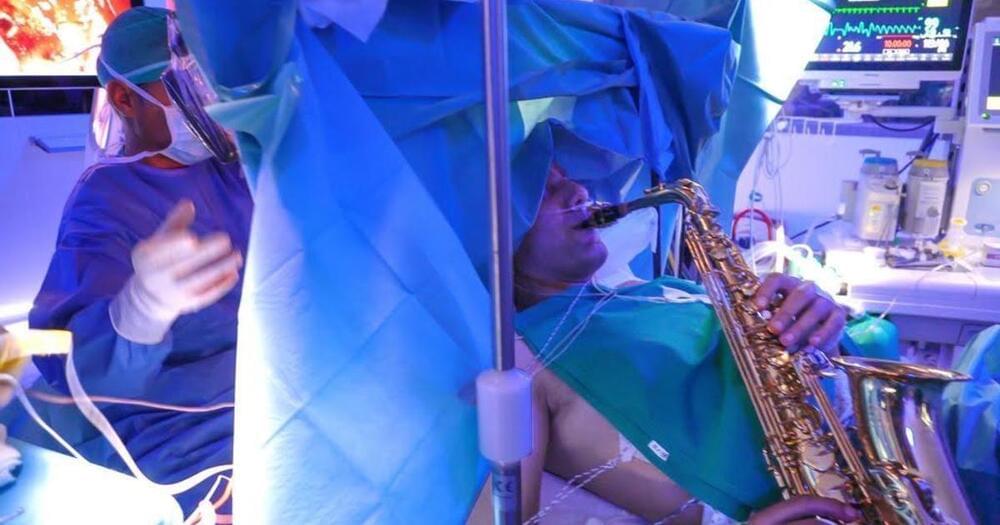

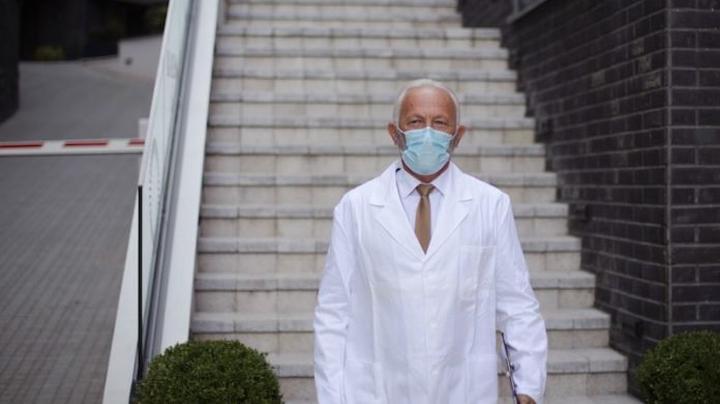
In 1906, Alois Alzheimer, a psychiatrist and neuroanatomist, reported “a peculiar severe disease process of the cerebral cortex” to a gathering of psychiatrists in Tübingen, Germany. The case was a 50-year-old woman who suffered from memory loss, delusions, hallucinations, aggression and confusion – all of which worsened until her untimely death five years later.
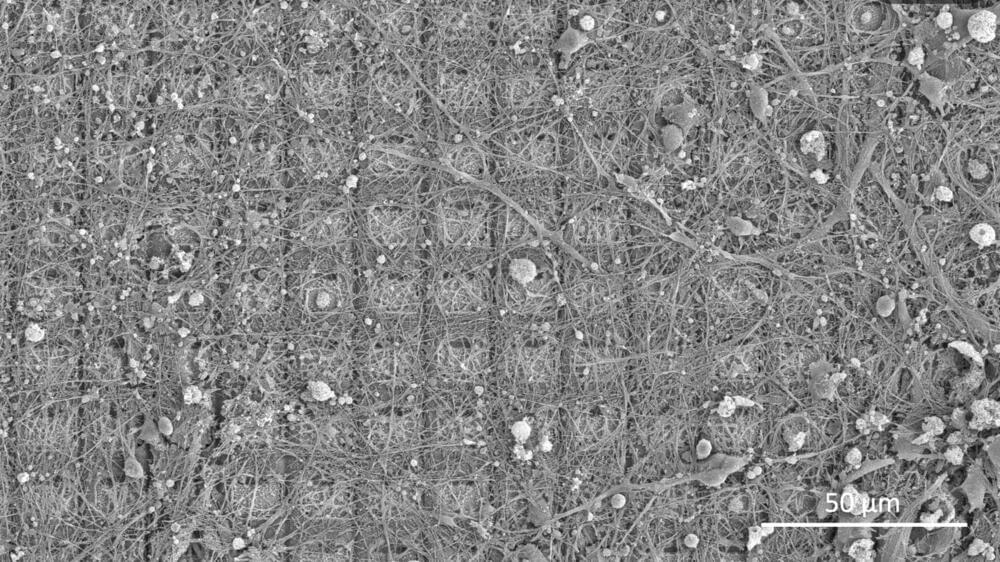
A dish of living brain cells has learned to play the 1970s arcade game Pong.
About 800,000 cells linked to a computer gradually learned to sense the position of the game’s electronic ball and control a virtual paddle, a team reports in the journal Neuron.
The novel achievement is part of an effort to understand how the brain learns, and how to make computers more intelligent.

O.o!!!.
Johns Hopkins researchers say that an experimental anticancer compound appears to have reversed behaviors associated with schizophrenia and restored some lost brain cell function in adolescent mice with a rodent version of the devastating mental illness.
The drug is one of a class of compounds known as PAK inhibitors, which have been shown in animal experiments to confer some protection from brain damage due to Fragile X syndrome, an inherited disease in humans marked by mental retardation. There also is some evidence, experts say, suggesting PAK inhibitors could be used to treat Alzheimer’s disease. And because the PAK protein itself can initiate cancer and cell growth, PAK inhibitors have also been tested for cancer.
In the new Johns Hopkins-led study, reported online March 31 in the Proceedings of the National Academy of Sciences, the researchers found that the compound, called FRAX486, appears to halt an out-of-control biological “pruning” process in the schizophrenic brain during which important neural connections are unnecessarily destroyed.


Circa 2018 face_with_colon_three
Since the time of Hippocrates and Herophilus, scientists have placed the location of the mind, emotions and intelligence in the brain. For centuries, this theory was explored through anatomical dissection, as the early neuroscientists named and proposed functions for the various sections of this unusual organ. It wasn’t until the late 19th century that Camillo Golgi and Santiago Ramón y Cajal developed the methods to look deeper into the brain, using a silver stain to detect the long, stringy cells now known as neurons and their connections, called synapses.
Today, neuroanatomy involves the most powerful microscopes and computers on the planet. Viewing synapses, which are only nanometers in length, requires an electron microscope imaging a slice of brain thousands of times thinner than a sheet of paper. To map an entire human brain would require 300,000 of these images, and even reconstructing a small three-dimensional brain region from these snapshots requires roughly the same supercomputing power it takes to run an astronomy simulation of the universe.
Fortunately, both of these resources exist at Argonne, where, in 2015, Kasthuri was the first neuroscientist ever hired by the U.S. Department of Energy laboratory. Peter Littlewood, the former director of Argonne who brought him in, recognized that connectome research was going to be one of the great big data challenges of the coming decades, one that UChicago and Argonne were perfectly poised to tackle.
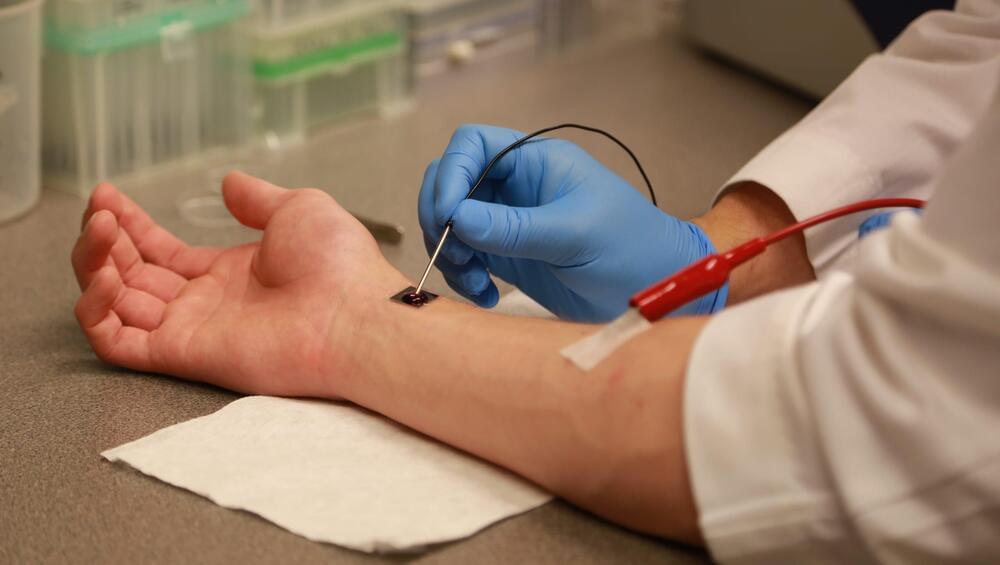
Circa 2017 face_with_colon_three
A new device developed at The Ohio State University can start healing organs in a “fraction of a second,” researchers say.
The technology, known as Tissue Nanotransfection (TNT), has the potential to save the lives of car crash victims and even deployed soldiers injured on site. It’s a dime-sized silicone chip that “injects genetic code into skin cells, turning those skin cells into other types of cells required for treating diseased conditions,” according to a release.
In lab tests, one touch of TNT completely repaired injured legs of mice over three weeks by turning skin cells into vascular cells.
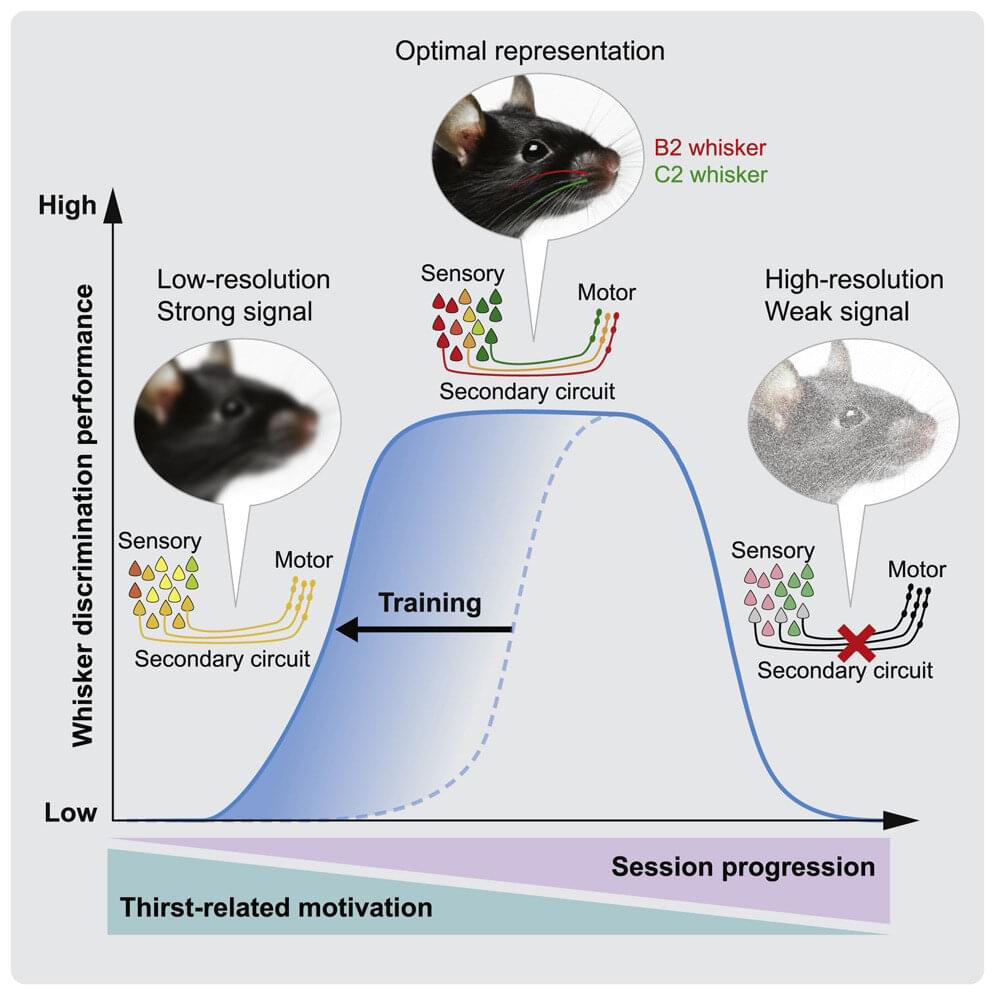
In a good or a bad mood, focused or distracted, our internal states directly influence our perceptions and decision-making. While the role of motivation on the performance of behavioral tasks has been known for more than a century—thanks to the work of psychologists Robert Yerkes and John Dilligham Dodson—its precise effect on the brain remains unclear.
A team from the University of Geneva (UNIGE), in collaboration with the EPFL, has revealed how motivation alters the neural circuits responsible for sensory perception preceding decision-making in mice. This study reveals why a level of motivation that is too high or too low can affect our perception and therefore our choices. These results, featured in the journal Neuron, open up new perspectives in learning methods.
Going to work early in the morning, choosing a restaurant at lunchtime: many of our decisions are motivated by needs such as earning a living or satisfying our hunger. However, decision-making is a complex process, which can also be influenced by external factors, such as the environment or other individuals, and by our internal states, such as our mood, our level of attention or our degree of motivation.
A classic thought experiment in the philosophy of mind is reduplication, in which a person (or her mind) is duplicated such that two or more descendant people of shared mental ancestry now exist where previously there was one. The philosophical quandary is to resolve what happened to the original person’s identity. Did she survive and if so, in which of the resulting people’s minds? Which of the two resulting people is the original and which is a mere copy of denigrated identity status? Alternatively, is there something fundamentally wrong with the wording of such questions, such that we should we adopt a different perspective on the nature of personal identity that offers alternative solutions to the reduplication quandary? Reduplication further arises not only in abstract philosophical musings, but also in the futuristic and variously conceivable (depending on the reader’s tastes), technology of mind uploading, in which a person’s physical brain is emulated via the technology of whole brain emulation. While mind uploading might produce a single result, such as if the original brain is destroyed by the uploading process and only one upload is created, we can also conceive of either nondestructive scenarios (in which the original brain is not destroyed) or scenarios that produce multiple uploads. Either case results in multiple descendant minds, each operating in distinct physical systems (brains or cloned brains, or computers of some sort). The philosophy of personal identity has produced several possible stances on the nature of personal identity. The most popular are body identity and psychological identity, with other options including closest continuer identity, space-time worm identity and branching identity. However, there is always room for new theories to enter the discussion. The way in which blockchains work, and Bitcoin’s mining process and protocol for handling orphaned blocks, suggests a new theory of identity along with a new solution to the reduplication problem. The proposed blockchain solution to personal identity has applications to the handling of the reduplication problem as it may arise during a futuristic mind uploading procedure.
A blockchain holds a hashed transaction ledger, essentially the history of all transactions encoded to prevent any subsequent alteration of the history. In this way, all transactions back to the beginning of the ledger’s history can be confirmed by any interested party. Deceit, fraud, and other attempts to undermine the history simply don’t work, and consequently blockchains enable a variety of interactions with the currently most popular being digital currency. In addition to more conventional applications, blockchains could also be used to assign identity status (original or copy) to the descendent minds of a mind uploading procedure. Each descendant could then venture out into the world confident that their identity status will be honored by all third parties thereafter. Let us call this the blockchain theory of personal identity.
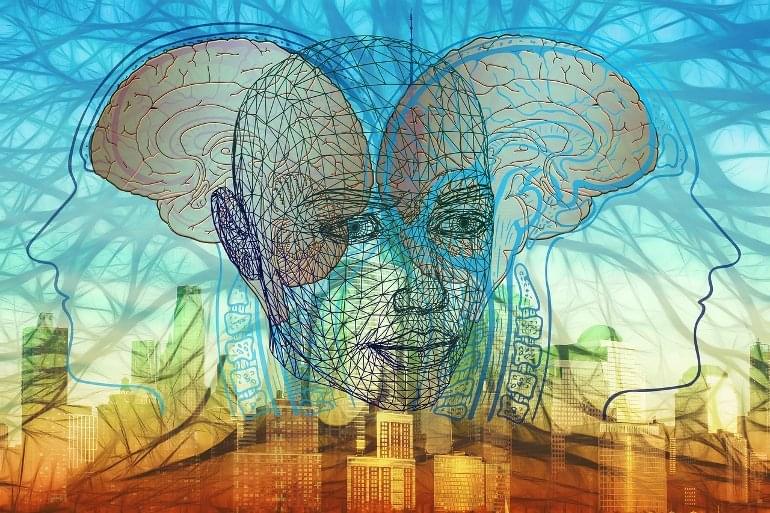
Summary: Study reveals a hidden order in seemingly random connections between neurons.
Source: University Hospital Bonn.
In the brain, our perception arises from a complex interplay of neurons that are connected via synapses. But the number and strength of connections between certain types of neurons can vary.